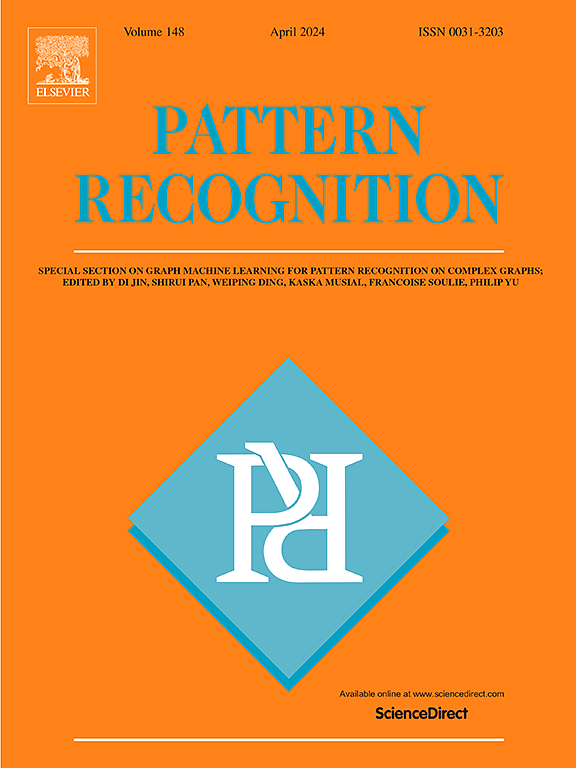NAS-BNN: Neural Architecture Search for Binary Neural Networks
IF 7.5
1区 计算机科学
Q1 COMPUTER SCIENCE, ARTIFICIAL INTELLIGENCE
引用次数: 0
Abstract
Binary Neural Networks (BNNs) have gained extensive attention for their superior inferencing efficiency and compression ratio compared to traditional full-precision networks. However, due to the unique characteristics of BNNs, designing a powerful binary architecture is challenging and often requires significant manpower. A promising solution is to utilize Neural Architecture Search (NAS) to assist in designing BNNs, but current NAS methods for BNNs are relatively straightforward and leave a performance gap between the searched models and manually designed ones. To address this gap, we propose a novel neural architecture search scheme for binary neural networks, named NAS-BNN. We first carefully design a search space based on the unique characteristics of BNNs. Then, we present three training strategies, which significantly enhance the training of supernet and boost the performance of all subnets. Our discovered binary model family outperforms previous BNNs for a wide range of operations (OPs) from 20M to 200M. For instance, we achieve 68.20% top-1 accuracy on ImageNet with only 57M OPs. In addition, we validate the transferability of these searched BNNs on the object detection task, and our binary detectors with the searched BNNs achieve a novel state-of-the-art result, e.g., 31.6% mAP with 370M OPs, on MS COCO dataset. The source code and models will be released at https://github.com/VDIGPKU/NAS-BNN.
NAS-BNN:二元神经网络的神经架构搜索
二元神经网络(BNN)因其优于传统全精度网络的推理效率和压缩比而受到广泛关注。然而,由于二元神经网络的独特性,设计一个强大的二元架构极具挑战性,通常需要大量人力。一个有前途的解决方案是利用神经架构搜索(NAS)来辅助设计 BNN,但目前针对 BNN 的 NAS 方法相对简单,搜索到的模型与人工设计的模型之间存在性能差距。针对这一差距,我们提出了一种新颖的二元神经网络神经架构搜索方案,命名为 NAS-BNN。我们首先根据二元神经网络的独特性精心设计了一个搜索空间。然后,我们提出了三种训练策略,它们大大增强了超级网络的训练效果,并提高了所有子网的性能。我们发现的二进制模型族在 20M 到 200M 的各种操作 (OP) 中的表现都优于之前的 BNN。例如,在 ImageNet 上,我们仅用 5700 万次操作就达到了 68.20% 的最高准确率。此外,我们还在物体检测任务中验证了这些搜索到的 BNN 的可移植性,我们的二进制检测器与搜索到的 BNN 一起在 MS COCO 数据集上实现了最先进的新结果,例如,在 370M OPs 的情况下,mAP 为 31.6%。源代码和模型将在 https://github.com/VDIGPKU/NAS-BNN 上发布。
本文章由计算机程序翻译,如有差异,请以英文原文为准。
求助全文
约1分钟内获得全文
求助全文
来源期刊

Pattern Recognition
工程技术-工程:电子与电气
CiteScore
14.40
自引率
16.20%
发文量
683
审稿时长
5.6 months
期刊介绍:
The field of Pattern Recognition is both mature and rapidly evolving, playing a crucial role in various related fields such as computer vision, image processing, text analysis, and neural networks. It closely intersects with machine learning and is being applied in emerging areas like biometrics, bioinformatics, multimedia data analysis, and data science. The journal Pattern Recognition, established half a century ago during the early days of computer science, has since grown significantly in scope and influence.
 求助内容:
求助内容: 应助结果提醒方式:
应助结果提醒方式:


